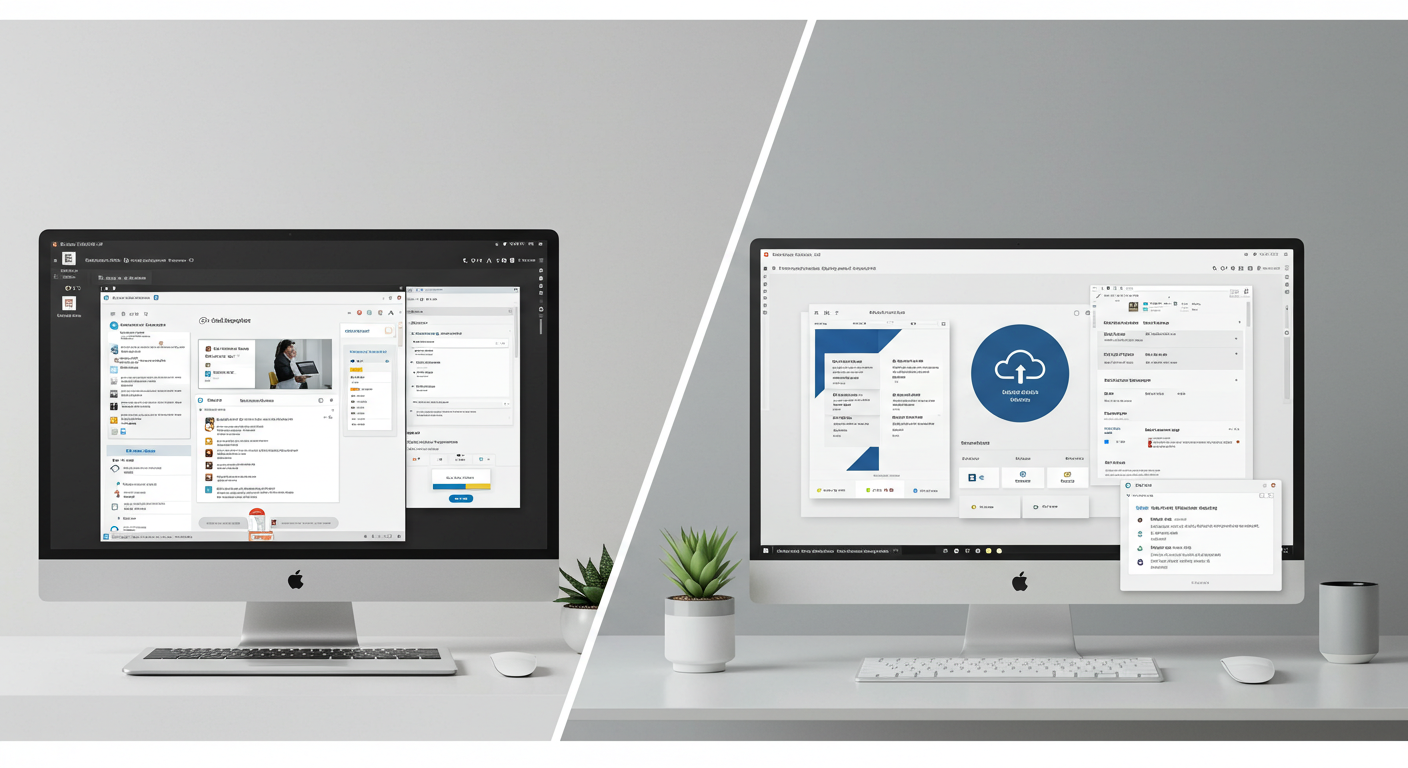“Explore the key differences between Office 2024 vs Office 2021. Know their features, enhancements, and which to pick.”
Microsoft Office has been a central part of productivity at work, school, and home. Applications such as Word, Excel, PowerPoint, and Outlook have set the standard for creating and managing digital documents. Over the years, the suite has evolved from a set of offline tools to a connected platform that blends desktop software with cloud services.
The decision between Office 2021 and Office 2024 reflects two different approaches. Office 2021 represents continuity and reliability, appealing to those who prefer software that does not change frequently. Office 2024, in contrast, demonstrates Microsoft’s focus on innovation, aiming to integrate artificial intelligence, deeper collaboration features, and improved accessibility. For many users, the real question becomes: Office 2024 vs Office 2021: which is better?
Office 2021: A Traditional Approach
Office 2021 is the version suited for users who value stability and independence from ongoing subscriptions. It follows a one-time purchase model, making it attractive for individuals, schools, and small businesses that need productivity tools without monthly costs.
In day-to-day use, Office 2021 remains familiar. Word allows effective document creation with options like improved dark mode, real-time co-authoring through OneDrive, and small design updates. Excel stands out with features such as dynamic arrays and XLOOKUP, which make working with large sets of data more flexible. PowerPoint introduces more advanced recording features and improved inking for touch devices, while Outlook refines search and inbox organization to help users manage communication more efficiently.
One of the strongest points of Office 2021 is its predictability. Updates are mostly limited to security patches and performance refinements. For people or organizations who prefer consistency and dislike frequent adjustments to layouts and functions, this reliability is a major advantage.
Office 2024: A Forward-Looking Suite
Office 2024, expected for release in 2024, reflects Microsoft’s response to how work has shifted in recent years. With more reliance on remote collaboration and cloud-based access, this version aims to provide a smoother and more intelligent experience.
Artificial intelligence is likely to be the defining feature. In Word, AI may suggest improved phrasing and formatting as users write. Excel is expected to expand predictive analysis and automate certain calculations, while PowerPoint may help generate slide designs and presentation outlines with minimal input. These refinements are designed to save time and reduce the manual effort required for routine tasks.
Collaboration will also be a stronger focus. Office 2024 is expected to integrate more closely with Teams, allowing documents to be created, edited, and shared seamlessly during meetings or group projects. Files stored in OneDrive will synchronize more smoothly across devices, creating a consistent experience whether accessed on a computer, tablet, or phone.
Accessibility and security are further areas where improvements are expected. Office 2024 is projected to expand support for voice input, screen readers, and simplified navigation, while also building in stronger protections against phishing and malware, an important feature for hybrid and remote workplaces.
Feature Comparison: Office 2021 vs Office 2024
Applications
Both editions include Word, Excel, PowerPoint, and Outlook, but the way these tools function differs. Office 2021 delivers dependable, offline-first performance with light collaboration features. Office 2024 leans toward intelligent automation, cloud-first design, and stronger teamwork integration.
User Interface
Office 2021 retains the interface design of earlier releases, allowing long-time users to avoid major adjustments. Office 2024 is expected to introduce a cleaner and more modern look, designed to simplify navigation and improve accessibility across devices.
Performance and Compatibility
Both versions work well on Windows and macOS. Office 2021 is a good match for slightly older systems, while Office 2024 will likely be optimized for the newest operating systems and hardware, with improved performance across tablets and mobile platforms.
Distinct Strengths
The strength of Office 2021 lies in affordability and stability. Users pay once and can rely on a familiar interface that remains largely unchanged. Office 2024’s advantage is adaptability, offering new features, stronger integration with the cloud, and tools shaped for collaborative work environments.
Deciding Which Version Fits Best
The decision depends on user priorities. A student working on a personal computer may appreciate the simplicity and lower cost of Office 2021. A business with teams spread across different locations may see more value in Office 2024’s collaboration and AI-driven features.
Compatibility also plays a role. Those using older devices may find Office 2021 easier to run, while those with newer hardware will benefit more from Office 2024’s performance upgrades.
Cost structure is another factor. Office 2021 requires a one-time payment, appealing to those who prefer fixed expenses. Office 2024 is expected to favor subscription models, which could provide better long-term value for those who use cloud features heavily.
Conclusion
Office 2021 and Office 2024 reflect different approaches to productivity software. Office 2021 is grounded in stability, offering a dependable suite of applications without ongoing payments. Office 2024 focuses on innovation, with smarter tools, stronger collaboration, and tighter integration across platforms.
Choosing between them comes down to personal or organizational needs. For those who value simplicity and predictable ownership, Office 2021 remains a solid choice. For those seeking advanced features, better collaboration, and adaptability to modern work practices, Office 2024 is the stronger option.

